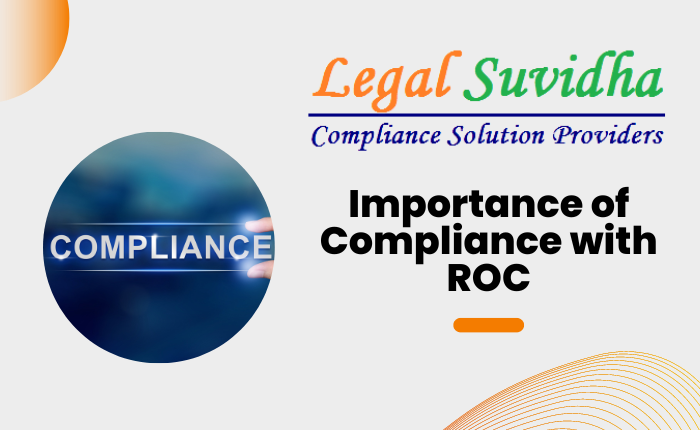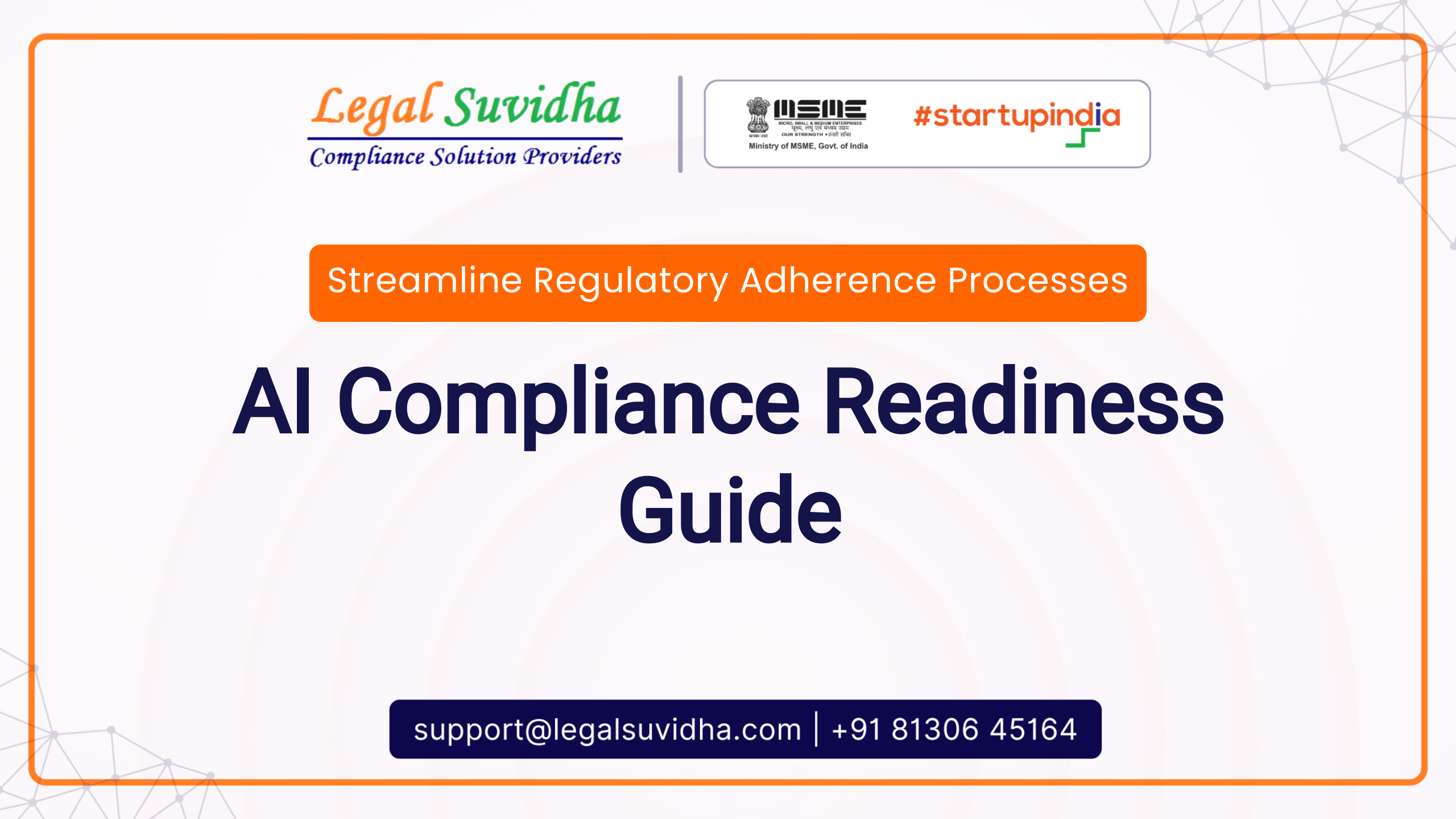In today’s rapidly changing business landscape, companies face an increasing number of legal and regulatory requirements. Adhering to these obligations is not only a legal necessity but also a vital aspect of running a successful and ethical business. One significant regulatory body that oversees corporate compliance is the Registrar of Companies (ROC). In this article, we will delve into the importance of compliance with the ROC and highlight the significant benefits it brings to businesses.
Understanding the ROC and Its Role:
The Registrar of Companies is a governmental agency responsible for administering and regulating corporate affairs within a jurisdiction. Its primary role is to ensure that businesses operate within the legal framework and comply with the prescribed rules and regulations. The ROC plays a critical role in maintaining transparency, protecting the interests of stakeholders, and fostering trust in the business environment.
The Significance of Compliance with the ROC:
1. Legal Obligation and Avoiding Penalties:
Compliance with the ROC is a legal requirement for businesses. The ROC enforces various laws and regulations pertaining to company formation, registration, maintenance of records, financial reporting, and corporate governance. Failure to comply with the statutory obligations can lead to severe consequences, such as fines, penalties, legal liabilities, and even business closure. By adhering to the regulations set forth by the ROC, companies can avoid legal complications and protect their reputation.
2. Enhanced Transparency and Corporate Governance:
Compliance with ROC regulations promotes transparency in corporate affairs. It necessitates the maintenance of accurate and up-to-date records, including financial statements, annual reports, and other important documents. Transparent reporting allows stakeholders, including shareholders, employees, and the general public, to gain insight into the company’s operations, financial performance, and governance practices. These practices enhance corporate governance, ensuring that businesses operate with integrity, accountability, and fairness. Transparent operations attract investors, foster stakeholder confidence, and establish a solid foundation for long-term success.
3. Protection of Stakeholder Interests:
Compliance with ROC requirements safeguards the interests of stakeholders, including shareholders, employees, customers, and suppliers. Regulatory compliance ensures that accurate financial information is available, preventing fraud, embezzlement, and mismanagement. By adhering to reporting and disclosure requirements, companies provide stakeholders with the necessary information to make informed decisions about their involvement with the business. Compliance also establishes clear rules and procedures for conducting business, minimizing conflicts of interest, and protecting the rights of stakeholders. By prioritizing compliance, businesses demonstrate their commitment to ethical practices and responsible corporate behavior, which strengthens stakeholder trust and loyalty.
4. Access to Funding and Business Opportunities:
Compliance with ROC regulations is often a prerequisite for accessing funding and securing business opportunities. Financial institutions, venture capitalists, and potential partners are more inclined to invest in or collaborate with companies that demonstrate a track record of regulatory compliance. Compliance provides credibility, validating the company’s operations and financial stability, which opens doors to growth and expansion. Furthermore, compliance with the ROC’s requirements may be essential when bidding for government contracts or participating in specific industries or markets that have stringent regulatory requirements. Non-compliance can result in missed opportunities and a loss of competitive advantage.
5. Risk Mitigation and Business Continuity:
Compliance with ROC regulations helps businesses identify, assess, and mitigate risks effectively. By adhering to regulatory requirements, companies establish robust internal controls, risk management frameworks, and compliance procedures. These measures minimize the chances of legal disputes, reputational damage, and operational disruptions. A proactive approach to compliance ensures smooth business operations and fosters long-term sustainability. Moreover, compliance frameworks assist in identifying vulnerabilities, addressing compliance gaps, and staying ahead of regulatory changes. By integrating compliance into their overall risk management strategy, businesses can navigate challenges, adapt to evolving regulations, and seize opportunities with confidence.
Conclusion:
Compliance with the Registrar of Companies is not merely a legal obligation; it is a strategic choice that benefits businesses in multiple ways. Adhering to the regulatory requirements imposed by the ROC ensures legal compliance, promotes transparency, protects stakeholder interests, and opens doors to funding and growth opportunities. Moreover, it enables companies to mitigate risks effectively and build a solid foundation for business continuity. By prioritizing compliance with the ROC, businesses can establish a reputation for ethical practices, foster stakeholder trust, and thrive in today’s competitive marketplace. Embracing compliance is not just a matter of legality; it is a key driver for success in the modern business world.
If You have any queries then connect with us at [email protected] or [email protected] & contact us & stay updated with our latest blogs & articles









